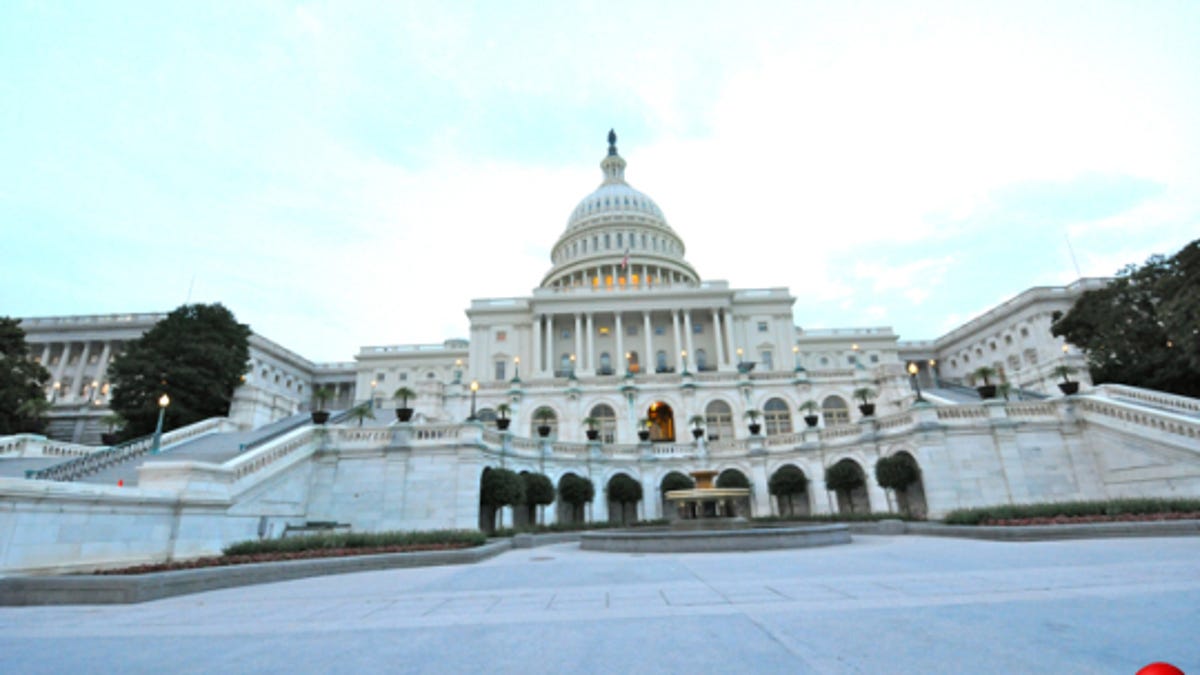Senate panel OKs controversial antipiracy bill
The Protect IP Act makes it through the judiciary committee, but before it can be passed in the full chamber, it is likely to be opposed by Sen. Ron Wyden. Can he stop the bill from becoming law?

As expected, the U.S. Senate's Judiciary Committee unanimously voted to approve a bill that targets Internet pirates based overseas.
The Protect IP Act looks to hand the U.S. Department of Justice the ability to seek a court order against allegedly infringing Web sites. The order could be served on search engines, certain Domain Name System providers, and Internet advertising firms--which would in turn be required to "expeditiously" make the target Web sites vanish from the Internet.
The bill was backed by leaders of both major political parties and is supported by a wide range of industries, including the film and music sectors. Backers of the legislation say that online piracy cuts deeply into their profits and kills jobs.
"The small businesses, artists, entrepreneurs, software designers, local journalists and every other segment of the creative community support the (Judiciary committee's decision) today," said Sandra Aistars, director of the Copyright Alliance, a group backed by varying copyright owners.
Related links
• Lawmakers want power to shut down 'pirate sites'
• Senate to try again on controversial antipiracy bill
• Senator who opposes antipiracy bill under pressure?
Critics, who include Google Chairman Eric Schmidt, have said the legislation threatens free speech by providing the government with a simple, effective way of silencing critics: brand them copyright pirates. Schmidt criticized the legislation in London last week and went as far as to suggest that Google could continue to fight it even it becomes law.
"If there is a law that requires DNS to do x," Schmidt told reporters, "and it's passed by both houses of Congress and signed by the president of the United States, and we disagree with it, then we would still fight it...If it's a request, the answer is we wouldn't do it."
Before the bill can be passed in the full Senate, it must overcome opposition from Sen. Ron Wyden (D-Ore.).
"In December of last year I placed a hold on similar legislation, commonly called (the Combating Online Infringements Counterfeit Act)," Wyden said in a statement. "I felt the costs of the legislation far outweighed the benefits. After careful analysis of the Protect IP Act, or PIPA, I am compelled to draw the same conclusion. I understand and agree with the goal of the legislation, to protect intellectual property and combat commerce in counterfeit goods, but I am not willing to muzzle speech and stifle innovation and economic growth to achieve this objective."
Wyden could hold up the bill for an indefinite amount of time. The next move for the bill's backers would be to try to reach some kind of compromise with Wyden.
If a compromise can't be reached, the bill's supporters could try to put the bill up for a full vote in the Senate, where all they need is a majority. Meanwhile, a similar bill is expected to be introduced in the house and opposition there is said to be light.
Updated at 11:05 a.m. PT to include Sen. Wyden's comments.

